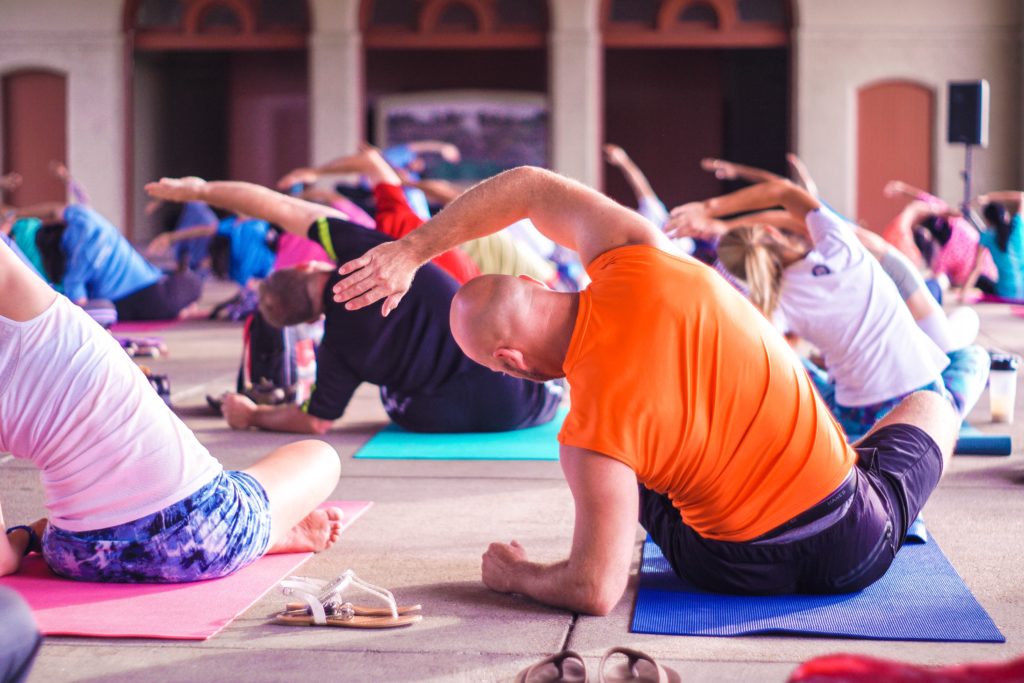By Anne Lawton, MA, LPC
Pathways Professional Counseling
What does it mean to practice simplicity in our lives? In our current culture, is it even possible? With 24/7 media access, live streaming and the ability to stay connected, how do we practice simplicity in order to live abundantly?
I recently had the privilege of traveling to Mexico to assist local pastors with health fairs and in the construction of a church building. While there, we were able to worship with believers in Spanish. I do not speak Spanish, yet I have rarely experienced such rich worship in the Spirit as we gathered in the simplest church building I have ever visited. There was no electricity or instruments; there were dirt floors and cinder block walls. Talk about simplicity. In these simple surroundings, the goodness of the Lord was present. When our focus is Christ, not materialism or busyness, our hearts can find contentment.
The people of the church in Cabo, Mexico, have few possessions, yet great, great joy. Their life is full of abundance in Christ. I see in them simplicity and abundance all at the same time. In the United States, we have many earthly comforts that sometimes distract us from remembering the Lord is simply enough.
In Philippians 4:11–13, Paul reminds us of the importance of contentment: “I am not saying this because I am in need, for I have learned to be content whatever the circumstances. I know what it is to be in need, and I know what it is to have plenty. I have learned the secret of being content in any and every situation, whether well fed or hungry, whether living in plenty or in want. I can do everything through Him who gives me strength.”
To live simply requires a heart that is grateful rather than discontented. It goes against our flesh to be grateful and content with what we already have in our lives, both physically and relationally. Simplicity is a counter-cultural discipline that has to be practiced and learned. However, when we practice the discipline of simplicity, we often free our time, resources and energy to focus on Kingdom priorities, which include being available to love others as Christ loves us.
Practicing simplicity
How might we practice the discipline of simplicity? Noted author Ann Voskamp says, “Simplicity is ultimately a matter of focus.” As we cultivate our relationship with the Lord through time spent in His Word and talking to Him through prayer, our focus becomes clear. We desire to prioritize Christ in our thoughts, conversations and relationships.
We might be able to encourage friends as we fellowship and spend time with one another. We also might prioritize spending time with nonbelievers in our everyday life in an effort to point them to the love of Christ. Regardless, it is about our time being intentional and our focus being on bringing glory to Christ in all we do.
As believers we know His presence is far more precious than anything we can purchase; yet we are inundated with messages of the dominant culture that run contrary to this biblical truth. It is evident by turning on the television and watching commercials that materialism is an idol in our society. The drive for bigger and better things is all around us.
While there is certainly a time and place for buying what is needed and sometimes what is wanted, there also is importance in asking God for His wisdom and His patience when making purchases.
Being mindful and purposeful with our spending also is an important discipline to practice. As a believer plans for wise spending and adheres to a budget, there may be money remaining that can be used to bless others.
In being a good steward of our financial resources, we have the opportunity to help meet others’ needs around us, further bringing glory to God.
Importance of rest
In our fast-paced, technology-driven culture that does not value rest, it is challenging to live a simple life. But even our heavenly Father rested from creation and included Sabbath in the Ten Commandments.
What does it mean to spend this 1 day out of 7 in worship and in rest? Perhaps we begin by setting aside running errands when possible and putting our cellphones down to fellowship with others and with the Lord. Our children may not remember all of the talks or lectures, but they will remember the way we spend our time and notice when we make the Lord a priority in our days and weeks.
So what does it mean to live simply to live abundantly? As a therapist, I know the value of having margin in your life in order to be fully present. For us to have that margin, we must examine and remove these things, idols and schedules that are overcrowding our lives.
Pray and ask the Lord to help you find a place of contentment and rest in Him so that you can practice simplicity in your own life. Let us not forget the message from the Church in Mexico who do not have much in way of “things,” but who live abundant lives, full of the richness of Christ.






Share with others: